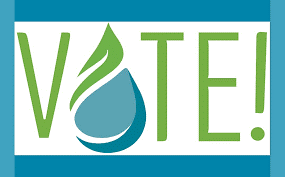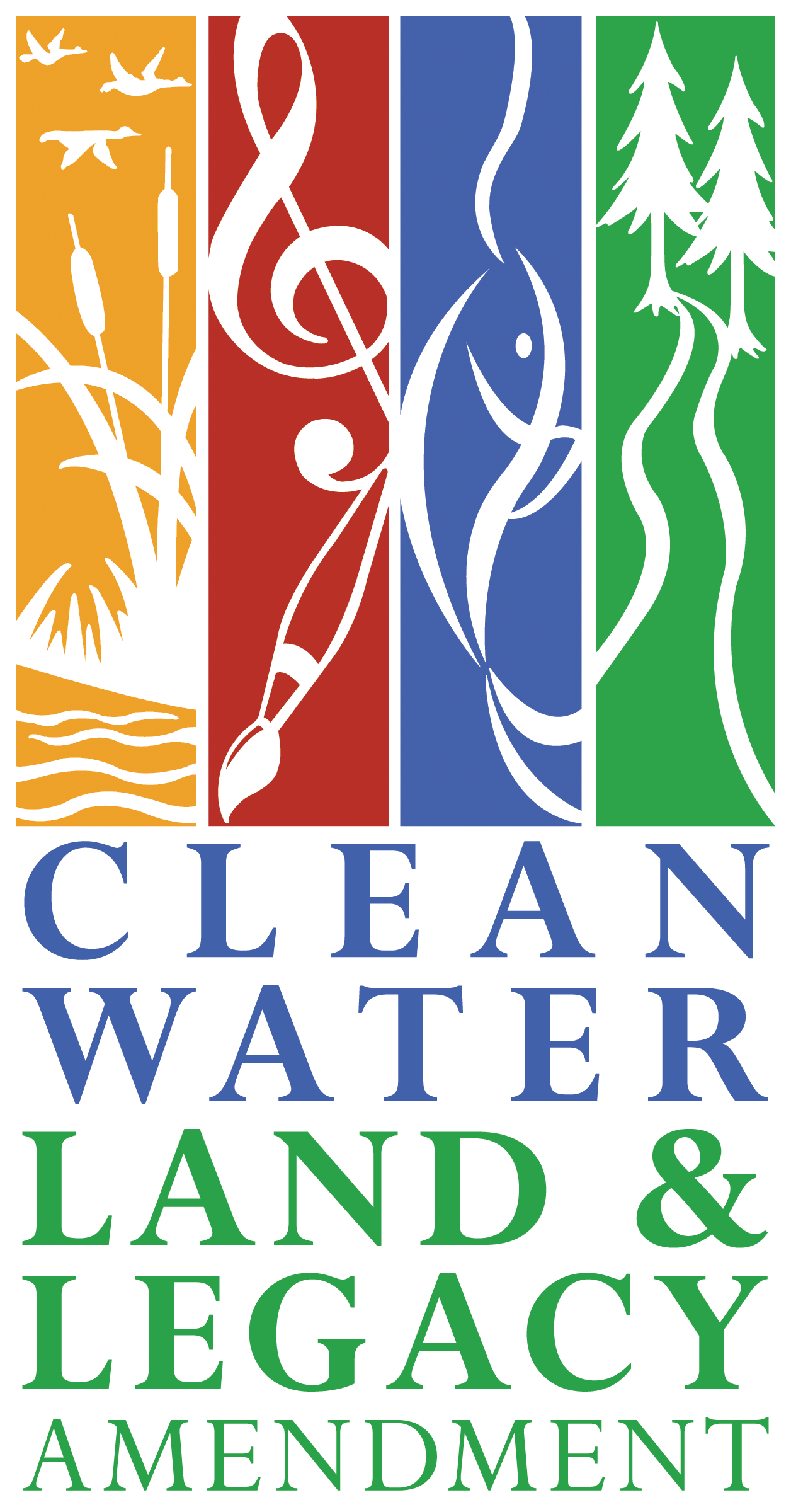
Minnesota fresh water needs your vote! Electing people who speak for you is critical as we look to our past and future, both upstream and downstream. The people we elect will either ignore or enact freshwater policies, protections and investments.
 Every person elected–from city council, to county commissioner, to state legislator, to member of the U.S. Congress and yes, even the President–plays a role in our freshwater laws, policies and investments. A courageous mayor and county commissioner can improve funding for soil and water protection. In 2016, Minnesota legislators fought for or against the state riparian buffer protection program, an unquestionably sound approach that is now more than 98-percent successfully implemented. The U.S. Environmental Protection Agency may eviscerate and weaken the protections of the 1972 Clean Water Act or ensure that states enforce them. The President decides whether to support or gut the EPA.
Every person elected–from city council, to county commissioner, to state legislator, to member of the U.S. Congress and yes, even the President–plays a role in our freshwater laws, policies and investments. A courageous mayor and county commissioner can improve funding for soil and water protection. In 2016, Minnesota legislators fought for or against the state riparian buffer protection program, an unquestionably sound approach that is now more than 98-percent successfully implemented. The U.S. Environmental Protection Agency may eviscerate and weaken the protections of the 1972 Clean Water Act or ensure that states enforce them. The President decides whether to support or gut the EPA.
In 2008, 56-percent of Minnesotans adopted the Clean Water, Land and Legacy Constitutional Amendment initiating a 25-year increase in sales tax to protect, enhance, and restore lakes, rivers, streams, and groundwater. Never was it more clear that Minnesotans value fresh water. This broke a decades-long log jam in fresh water policy and funding through a critical mass of support from arts and outdoor heritage.
At Freshwater, we work hard to persuade legislators and agency leaders to base laws, policy and investment initiatives on the best available science and stakeholder input that will lead to long-term system changes with durable benefits. If you are still looking for a good resource to evaluate the record and platforms of candidates for office in Minnesota, Conservation Minnesota’s Voter Center is a trusted voice and a policy partner of Freshwater.
Our current policy agenda focuses on the following four areas:
- Surface water: increase water storage in the Minnesota River basin to reduce river flow and erosion
- Groundwater: protect the most sensitive areas from degradation and increase water recharge where it makes sense. We also support a thorough review of the provisions of the 31-year-old state Groundwater Protection Act.
- Water Equity: improve access to safe drinking water and clean rivers and lakes for recreation and quality of life. Protect vulnerable communities from the impacts of increased flooding and other results of a changing climate.
- Durable water infrastructure, built and natural: use the Clean Water Fund, bonding and other state resources to support effective local water governance and investments in climate-resilient water treatment systems.
Finally, remember your ballot must be received no later than Election Day, tomorrow, November 3, so be sure to either vote in person or hand deliver your ballot to the designated drop-off location for absentee ballots.
– John Linc Stine, executive director